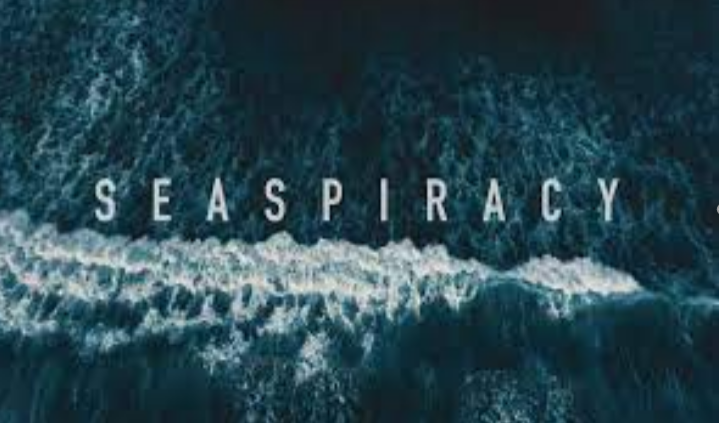2-minute read
Issues mentioned in “Seaspiracy
I recently watched the “Seaspiracy” documentary on Netflix, and although many are flabbergasted by the spotlight put on the flaws of the fishing industry, I was not as surprised by this. This has been happening for quite some time now. The documentary highlights how commercial fishing pollutes the ocean and violates human rights. It explains the “bycatch” effect as well as stimulates the viewer to investigate sustainable labeling. Most importantly, it urges the viewer to stop eating fish. Upon reflection, it seemed as though there was an agenda to “cancel” the fishing industry. Don’t get me wrong, I’m all for doing what benefits earth but is this truly realistic? After all, money makes the world go around and there is a high demand for fish. Not to mention the many people and countries that depend on the economic benefits of this industry. What really piqued my interest, however, was the controversy that followed the release of this documentary.
It all boils down to opinions…
When I observed the debates all around me, I noticed that this documentary was just a fraction of the bigger issue at hand. I realized that a major environmental issue could easily be boiled down to the opinions within the society. The documentary suggests that not eating fish will effect major change to the climate issues that our era faces. While this indeed makes a contribution, I am skeptical as to whether or not it will be on the largest scale possible. For the people who think that it might, I pose the following scenario to you: wouldn’t it be better to boycott the companies that manufacture vehicles contributing to this same problem? While the scenario is radical, I believe the answer is yes. In fact, doing these collectively might set us closer to saving our earth. But this could also be debated…
People are at the center
Over these past months, it has become more and more vivid that in order for us achieve our environmental goals everyone needs to acknowledge the problems. Watching “Seaspiracy” and later reading various reviews about the documentary, it became apparent to me that the mindset of society plays a major role in whether policy implementation will be successful as we strive towards our sustainability ambitions. This leads me to believe that making changes in one area and not the next is no longer enough. Furthermore, having discussions about reduction strategies are temporary fixes. Leading us to what I believe is the only reasonable course of action: unbiased education and innovation. Now, I understand these views may not be favorable to many. But when we consider the cause and solution to the problems we are currently facing, we, the people, are the ones at the center: simply put, we are the protagonists and antagonists of the story of our time. Which makes it even more crucial to firstly, create spaces for our young people to innovate and secondly, set the educational foundation for the generations to come

